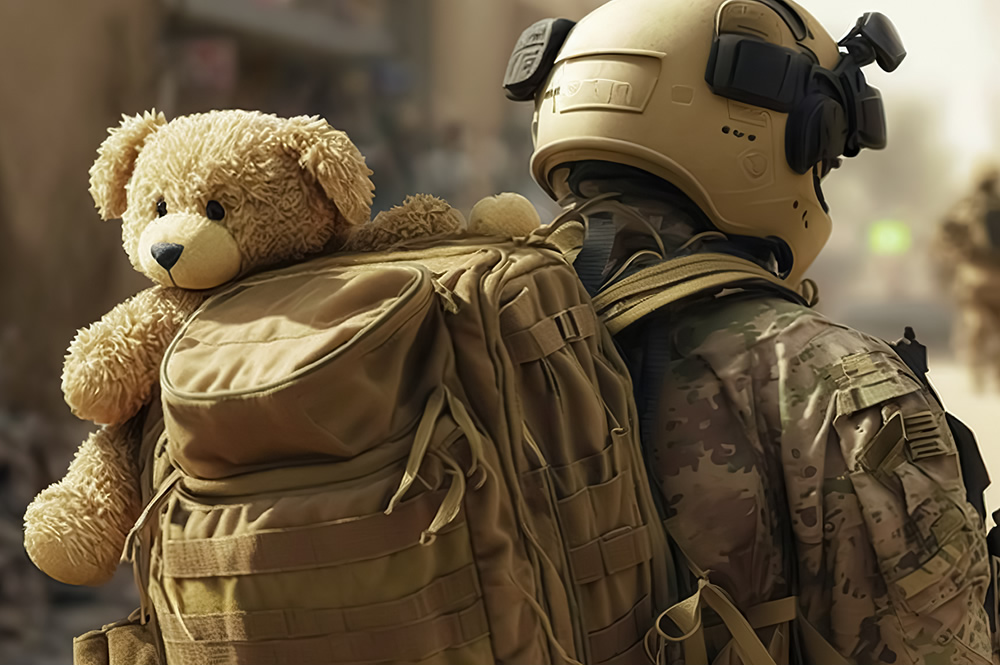
Military deployment can have a significant impact on child custody and visitation arrangements for service members who are parents. In many cases, deployment can create challenges and disruptions in the established parenting plan and can even lead to legal disputes between the parents.
One of the primary challenges for deployed service members is maintaining their relationship with their children. Being away from home for extended periods of time can make it difficult to stay involved in their children’s lives and maintain regular communication. This can be especially difficult for younger children who may not fully understand the reasons for their parent’s absence.
In some cases, deployment may also affect a service member’s ability to fulfill their parental responsibilities. For example, a parent who is deployed may not be able to attend important events such as parent-teacher conferences or medical appointments or may not be able to provide regular transportation for their children.
These challenges can also impact custody and visitation arrangements. For example, a parent who is deployed may be concerned about losing custody or visitation rights while they are away or may worry that their ex-spouse will use their deployment as a reason to modify the existing custody order.
To address these concerns, the Uniform Deployed Parents Custody and Visitation Act (UDPCVA) was created to provide guidelines for custody and visitation arrangements for service members who are deployed. The act seeks to ensure that the rights of deployed parents are protected, and that they can maintain their relationship with their children even while they are away.
Under the UDPCVA, a deployed parent can designate a family member or other individual to exercise their parenting time during their deployment. This allows the parent to maintain their relationship with their children even when they are not physically present. Additionally, the act requires that any custody or visitation order must consider the parent’s military service and deployment schedule and must be based on the best interests of the child.
Despite the protections provided by the UDPCVA, disputes over custody and visitation can still arise between parents. In these cases, it is important for service members to seek the assistance of an experienced family law attorney who can help them navigate the legal process and protect their rights as a parent. Georgia has codified its version of the UDPCVA in O.C.G.A. § 19-9-3.
To recap, military deployment can have a significant impact on custody and visitation arrangements for service members who are parents. However, with the right legal guidance and support, it is possible to ensure that the best interests of both the parent and the child are protected, even during times of deployment.
If you are a military service member and are involved in a custody or visitation dispute with your spouse, contact Shewmaker & Lewis to protect your rights and determine a course of action.
